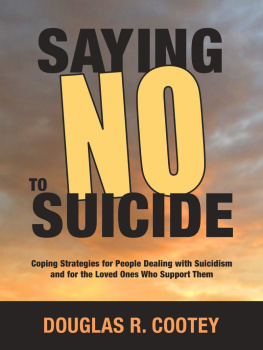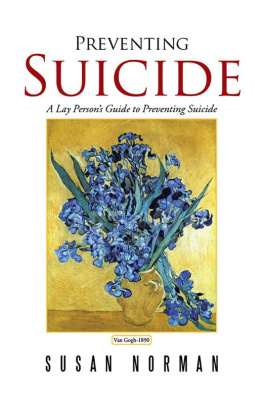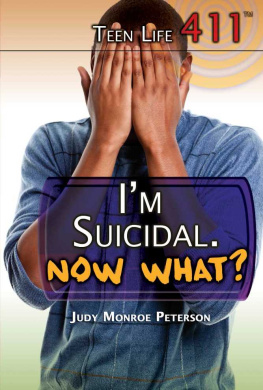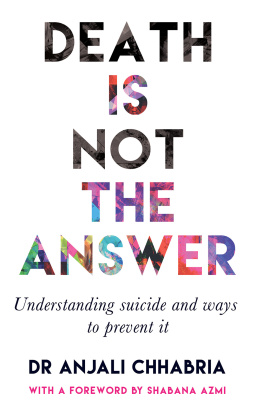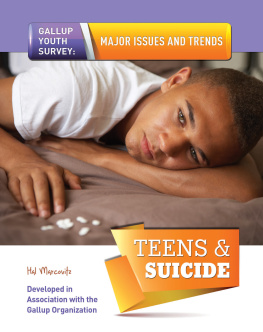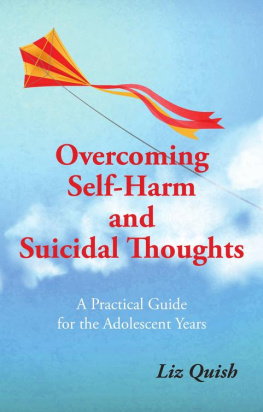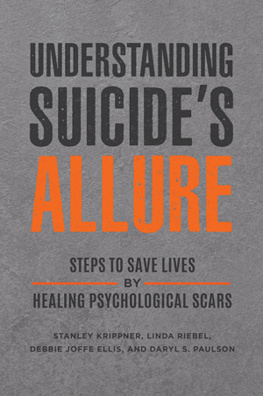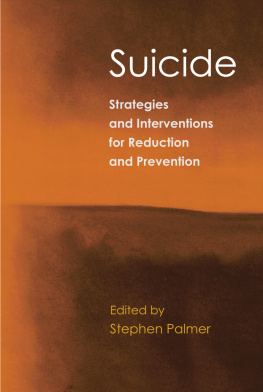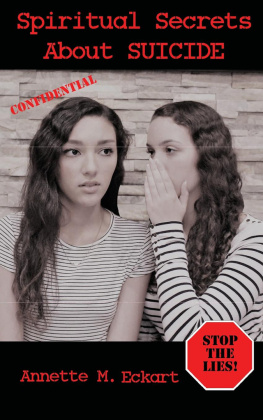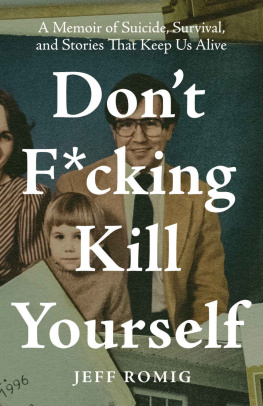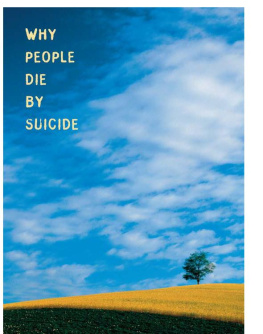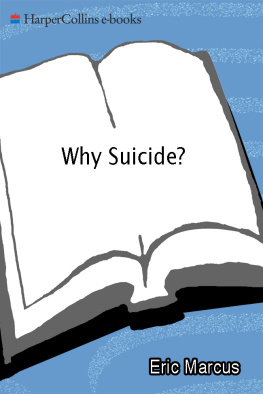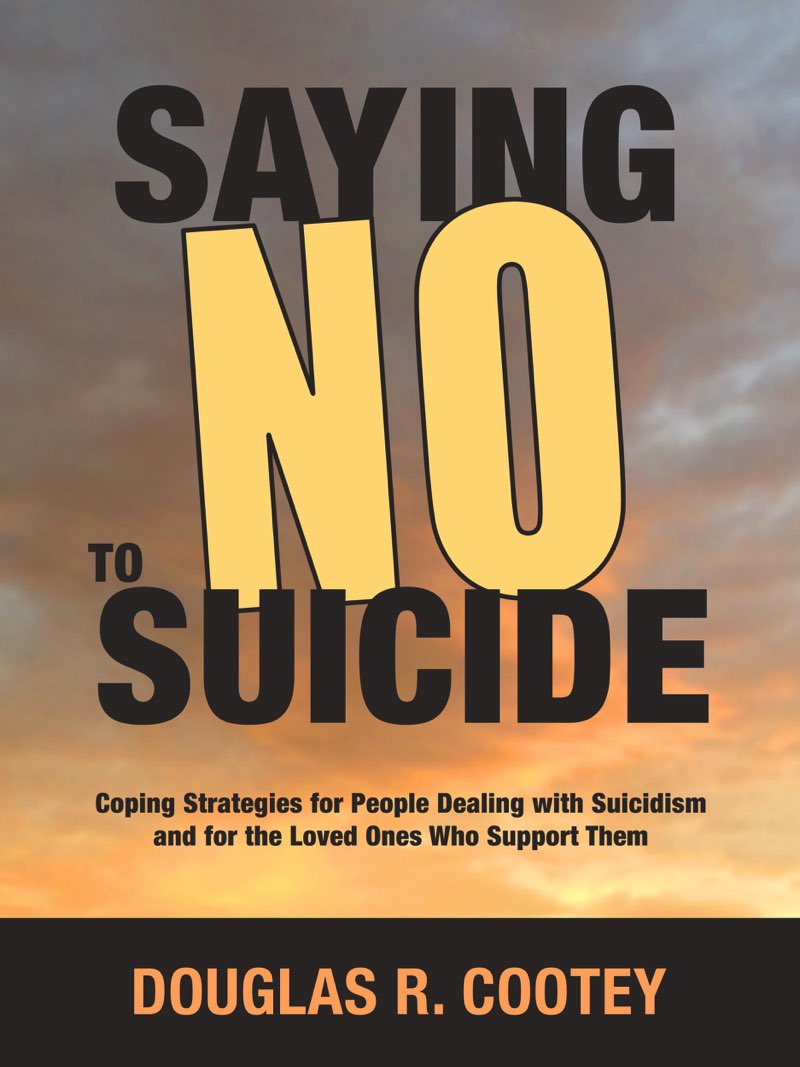F or my blog readers , whose hundreds of thousands of silent clicks have helped me find my voice, and for my daughters, whose angelic presence has lifted me higher.
Foreword
I t all started with a rude conversation. Somebody in my local church told me that ADHD didnt exist and that it was just an excuse to let kids get out of doing homework. I was gobsmacked because, although I had heard many people say mouth-dropping things about ADHD before, this person was an educator. Worse, though, I was letting this person have power over my self-esteem. I just stood there and took it while they spouted factually incorrect statement after eyebrow-raising statement. I was angrier with myself afterwards than with that close-minded person. For years I had dealt with ADHD, major depressive disorder, and chronic motor tic disorder. At that time, I was still filled with shame and stigma, despite the improvements I had made in the thirteen years since being diagnosed. But how could I fight stigma when I still stood like a deer caught in headlights when people attacked?
I had been blogging since 1995, but it was an inconsequential thing called Whats New where I would discuss changes on all the web pages of mine that were filled with distractions and hobbies. This incident with the educator fueled a fire that had been burning for a while, though. I was determined never to let anybody shame me about my ADHD, nor my depression, ever again. Thus A Splintered Mind was born. Dramatic? Well, Ive been known to have a certain flair for it, but this moment truly was a striking change in how I lived.
Over the years, my new blog slowly grew. It became a central focus in my life, and all my other web pages faded away. My understanding of ADHD, depression, and suicidism grew as my early, whiney days of blogging became more concerned with comforting and lifting up those who still struggled. Its not to say that I no longer struggled myself, but I was enough rungs higher on the ladder than they were that it made a big difference between our perspectives.
I spoke frankly about my depression, my ADHD fiascos, my faith in Christ and God, my ticking, my coping strategies, my failures, my inability to rely on psychmeds, and my struggles with suicidal thoughts and urges. It was hard material for my family to read. To this day, many of them still will not read my blog. However, thousands upon thousands of others did read my blog. Not every article was a hit. Id even lose readers, depending on their ideology. I strove to write fairly, and acknowledged my particular biases, but still was true to my own voice. I had carved out stability in the chaos of my life, and I wanted to share it with others.
After reading online over and over again shockingly bad advice offered to suicidal people, I decided to gather all my articles on the subject and offer an alternative. I am not a professional psychologist. I'm just a human, like you, dealing with stuff. In the pages that follow, I share my personal struggles in the hope that people can gain something from them. However, if you or your loved one want pity, feel justified in your misery, or are, more likely, still crushed by the debilitating effects of clinical depression and suicidism, you may not find my examples helpful. I believe in fighting for our life with all our might. Fighting might take more energy than you can currently muster. But have faith in yourself! Maybe reading about my struggles, victories, and sometimes, failures, will help you see that you can fight for yourself, too.
SUPPORT TIPS: This book will be filled with advice blocks like this one. They are intended to provide tips to guide those of you who are helping others deal with suicidal ideation and urges. Your task is not an easy one. You must tread the high wire carefully between encouragement and intervention. The wrong approach can push them away when they need your help the most. Hopefully, these advice blocks will make your task easier. It will be necessary at times to draw a distinction between suicide attempts and suicidal thoughts (referred to as suicidal ideation). They represent different levels, or intensities, of the same problem. Those who attempt suicide, but fail, usually fall within the purview of trained mental health professionals. For the purposes of this book, I address the earlier stages of suicidal ideation. I refer to the suicidal state of mind as suicidism.
A s I sit here and write, a warm breeze blows over me on my balcony. The sun hangs low in the sky while hiding behind ragged, puffy clouds that fight to exist in the dry 93F climate. Beautiful music plays out of my iPad's speakers, and I am sucking on a homemade popsicle made of blueberry juice on a perfect August day. Intellectually, I realize that life is pretty good, yet my heart is still heavy. An old friend took his life recently, and I am confused, saddened, and feeling a bit guilty, like everybody else whose life has been touched by this tragic event.
I haven't seen that friend in years and thus have no idea what demons he wrestled with or what thoughts may have brought him to end his life. I lost track of him when he moved out of state, but so did his family when he demanded they never contact him again. He cut off all old ties and surrounded himself with new friends when he needed the support of the loved ones who knew him best. Regrettably, he didn't see it that way.
He and I hadnt been close friends since I moved away from Utah Valley, yet we still kept in touch and had good memories. I have him to thank for teaching me about ripping MP3s, as well as exposing me to Shaolin Soccer and The Matrix. I also have him to blame for Attack of the Killer Tomatoes. I will always remember the impish look on his face as he watched me recoil in horror at the cancan line of dancing soldiers. Then he married and moved even further away than I had. Thats life in a nutshell. We touch others lives ever so briefly before we move on in various directions. Still, I wondered if I could have helped somehow. I anguished that I didnt know he was dealing with the same demons that I was. If only I had tried harder. It was the guilt of the survivor in full force. If I felt this way, and I was just an old friend, I imagine his family members had it infinitely worse. The death of a loved one leaves a wound in the hearts of those that are left behind. This is one of the main reasons I have never killed myself.
Is Suicide a Choice?
I have found myself feeling suicidal off and on since I was fifteen years old. However, I attempted suicide only once. I stopped myself before going through with it because I worried about my wife at the time discovering my handiwork. I didnt want to do that to her and my daughter. I, also, didnt want to make a mess for her to clean up. This is how highly I regarded my life at the time. I rated myself far below a messy bedroom. Later, my faith in God, Christ, and family became a grounding force in my life. In fact, I no longer regard myself so disdainfully, even with a divorce years later. Others may find solace in good friends, philosophy, diverse religions, their work, their hobbies, or living for others, including pets.

